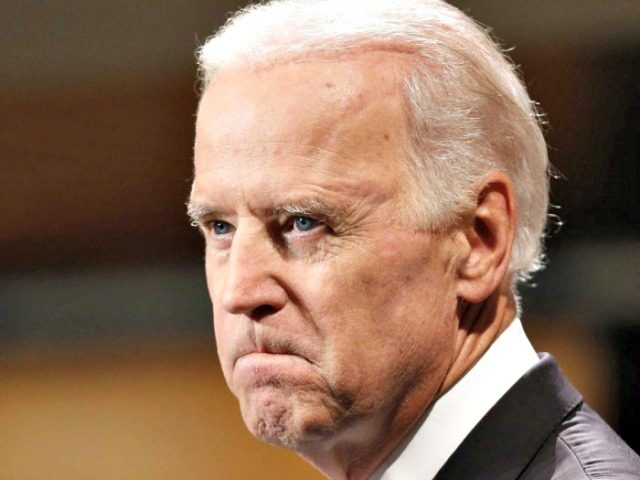President Joe Biden took office proclaiming that “diplomacy is back.” Yet he is ignoring diplomatic options in the Ukraine war, shipping tens of billions of dollars’ worth of weapons to the front and risking confrontation with nuclear-armed Russia.
Russia attacked Ukraine without provocation or justification. It has probably violated international humanitarian law in its brutal invasion and occupation. It was, in fact, in America’s national interest that Russia fail to take the capital of Kyiv.
But as Russia withdrew and focused its war effort on the two eastern provinces where it has supported separatist forces for years, the calculation changed. Ukraine’s sovereignty was no longer threatened. Neither side seems to have the upper hand.
The conditions would seem ripe for a negotiated settlement — one in which Ukraine accepts some form of border changes, while Russia withdraws its forces. There could be compromises on NATO expansion, or the location of NATO’s weapons.
But the Biden administration is not proposing talks.
Several weeks ago, when then-White House spokesperson Jen Psaki was asked what role Biden was playing in attempts to negotiate an end to the war, the answer was, in so many words: none at all.
More recently, the Biden White House has refined its message somewhat. It claims that it is strengthening Ukraine’s position at the negotiating table.
But there is no “table” — at least, not one that involves the U.S. and Russia, and not in public view.
Bizarrely, Biden and the Democrats — once the anti-war party — are behaving as if negotiation is not even an option. They demand Congress provide billions of dollars in new weapons for Ukraine without oversight or consideration of alternatives.
It might be possible to end the war with fewer lives lost, and less economic damage, through a negotiated settlement than through continued conflict. But the choice is presented as all-or-nothing. We are not even told what “victory” looks like.
Of note: In 1986, the comic book writer Frank Miller published a four-part series, Batman: The Dark Knight Returns, which later became a graphic novel and was adapted for the Hollywood screen. The action takes place in Gotham, while the U.S. and the Soviet Union are engaged in a proxy war in the fictional Latin American island nation of Corto Maltese.
Superman, drafted for the U.S. war effort, forces the Soviets to retreat. But as they withdraw, they unleash a massive nuclear weapon.
That fictional scenario is not far-fetched when the world faces a mercurial tyrant like Vladimir Putin. Just as few predicted Putin would actually invade Ukraine, few know what he would do if forced, through conventional warfare, to withdraw.
A nuclear confrontation would be disastrous for his country — but Russia’s economic isolation has already been a catastrophe. He has little to lose, and he knows that NATO would struggle to respond to a nuclear attack on a non-member like Ukraine.
Biden has told Americans that every problem they are facing — inflation, fuel prices, baby formula shortages — is caused by the ongoing war. If so, he is doing nothing to stop it.
Arguably, his rhetoric — promising to remove Putin from power, calling the Russian leader a war criminal — has prolonged the war, or has at least given Putin additional reasons to keep fighting. It achieves nothing except helping voters forget that Biden’s initial attempts at appeasement are partly what provoked the war.
“Diplomacy is back at the center of our foreign policy,” Biden once claimed. What he appears to understand by “diplomacy” is a charade in which the U.S. agrees to sacrifice its own interests to the utopian global visions of transnational institutions.
He did not mean what Trump meant by “diplomacy” — using talks to win, backed by economic and military strength.
Trump kept Russia at bay for four years. Joe “diplomacy is back” Biden can’t seem to find the telephone, and the danger is growing.
Joel B. Pollak is Senior Editor-at-Large at Breitbart News and the host of Breitbart News Sunday on Sirius XM Patriot on Sunday evenings from 7 p.m. to 10 p.m. ET (4 p.m. to 7 p.m. PT). He is the author of the recent e-book, Neither Free nor Fair: The 2020 U.S. Presidential Election. His recent book, RED NOVEMBER, tells the story of the 2020 Democratic presidential primary from a conservative perspective. He is a winner of the 2018 Robert Novak Journalism Alumni Fellowship. Follow him on Twitter at @joelpollak.

COMMENTS
Please let us know if you're having issues with commenting.